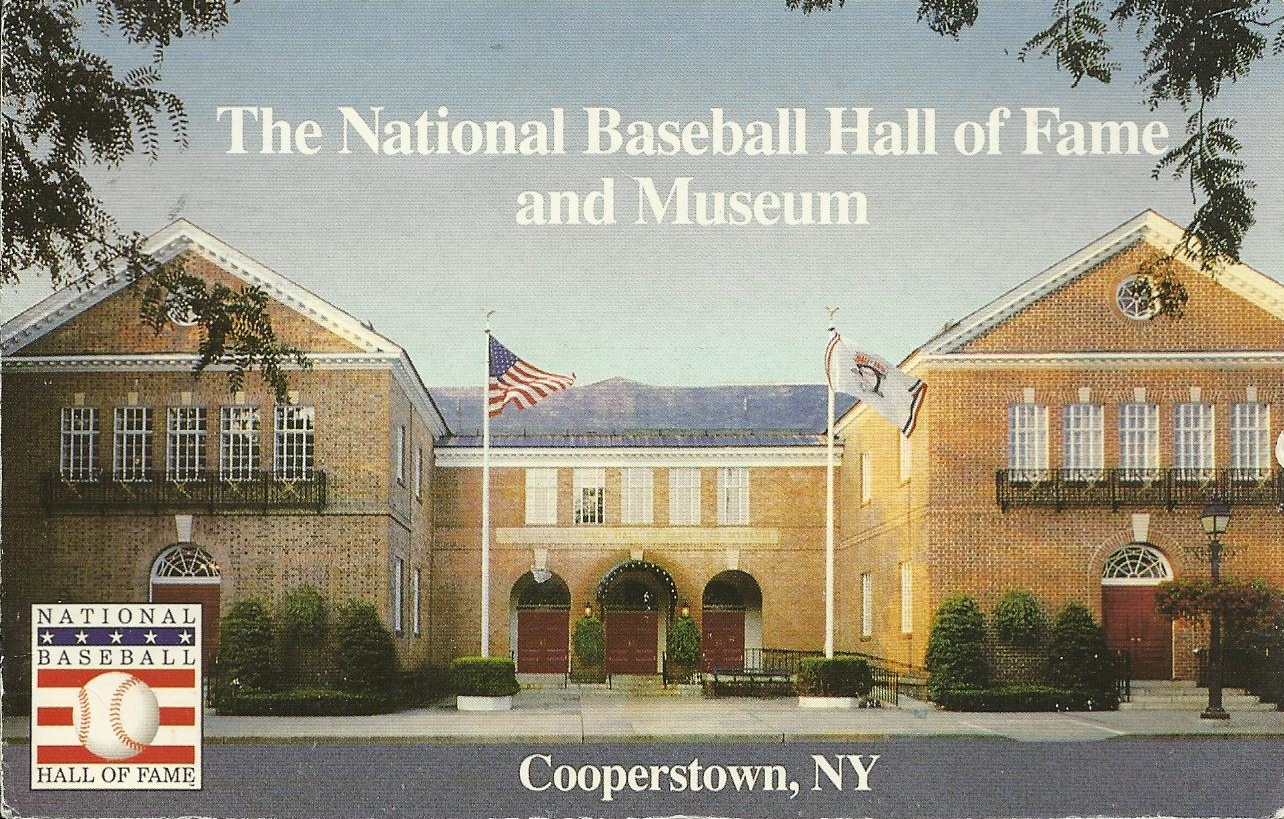Actors Join Writers' Strike: Hollywood Faces Unprecedented Shutdown

Table of Contents
SAG-AFTRA's Reasons for Joining the Strike
SAG-AFTRA's decision to join the WGA on the picket lines wasn't taken lightly. It stems from a confluence of critical issues that threaten the livelihoods and working conditions of actors across the industry.
Fair Wages and Residuals in the Streaming Era
The rise of streaming services has fundamentally altered the landscape of the entertainment industry. While streaming platforms generate massive profits, the traditional compensation models for actors, particularly regarding residuals (payments made to actors each time their work is shown), have been significantly eroded.
- The shift from traditional television: In the past, actors earned substantial residuals from syndication and repeated broadcasts of their work. Streaming services, however, often offer a single, upfront payment, regardless of viewership. This drastically reduces actors' long-term earnings.
- Unfair compensation: Many successful streaming shows generate billions in revenue for platforms, yet actors receive comparatively paltry sums. The disparity between streaming profits and actor compensation is a central point of contention.
- Examples of disparity: Consider the massive success of shows like Stranger Things or The Crown. While these shows have garnered global acclaim and generated enormous profits for Netflix, the actors' compensation, especially in residuals, doesn't reflect the show's success. This highlights the critical need for fairer compensation models in the streaming era.
Concerns Regarding AI and its Use in the Industry
The increasing use of artificial intelligence (AI) in entertainment is another major concern for SAG-AFTRA. Actors are worried about the potential for AI to replace them, using their likenesses and voices without consent or appropriate compensation.
- AI and actor likeness: The technology to create incredibly realistic digital doubles of actors is advancing rapidly. There's concern about the ethical implications and lack of control actors have over their digital likenesses being used indefinitely without their permission or fair payment.
- AI voice cloning: Similarly, AI can now convincingly clone an actor's voice, potentially allowing studios to use their voices in future projects without their involvement or consent.
- Job security threat: The widespread adoption of AI in the industry poses a significant threat to actors' long-term job security and could lead to decreased employment opportunities. This necessitates strong safeguards and regulations regarding AI's role in the future of entertainment.
Working Conditions and Long Hours
Actors frequently face grueling working conditions, including exceptionally long hours, demanding schedules, and a lack of adequate protection against exploitation.
- Excessive hours: Many actors work long days, often exceeding 12 hours, without appropriate compensation or rest periods. This takes a toll on their physical and mental well-being.
- Lack of safety protections: The lack of clear regulations and enforcement on film sets also puts actors at risk of injury or exploitation.
- Need for improved industry regulations: SAG-AFTRA is pushing for stricter regulations to ensure safer and fairer working conditions for all actors, regardless of their experience or prominence.
The Impact of the Dual Strike on Hollywood
The combined WGA and SAG-AFTRA strikes have brought the entertainment industry to a near-complete standstill, resulting in severe consequences.
Production Halt and Economic Consequences
The number of film and television productions currently on hold is staggering. This production halt is having a massive economic impact, affecting not only actors and writers but also countless other workers within the industry.
- Job losses: Crew members, support staff, caterers, and countless other individuals who rely on film and television production for their livelihoods are facing job losses or significant income reductions.
- Economic impact on local businesses: The closure of film sets severely impacts local businesses that rely on the spending of the production crews. Hotels, restaurants, and rental companies are all feeling the effects.
- Hollywood economy slowdown: The overall effect is a significant slowdown of the Hollywood economy, with a widespread knock-on effect across various related industries.
Delay of Film and Television Releases
The strike is causing significant delays in film and television releases, with major repercussions for studios, distributors, and audiences alike.
- Postponed releases: Many high-profile films and television series have already had their release dates postponed indefinitely.
- Box office impact: The delay of major studio releases will have a significant impact on box office revenues.
- Streaming release delays: The postponement also affects streaming services, pushing back anticipated premieres and disrupting their content schedules.
Potential Outcomes and Negotiations
The success of the strike hinges on the negotiations between the unions and the Alliance of Motion Picture and Television Producers (AMPTP).
Negotiating Key Demands
Both the WGA and SAG-AFTRA have presented a list of key demands, including:
- Fair wages and residuals: Addressing the disparity between streaming profits and actor/writer compensation.
- Stronger protections against AI: Ensuring actors and writers aren't replaced or exploited by AI.
- Improved working conditions: Implementing safer and fairer working conditions and schedules.
The likelihood of reaching a compromise depends on the willingness of the AMPTP to address these concerns. Sticking points are likely to include the specifics of AI usage and the restructuring of residual payments in the streaming era.
Long-Term Implications for the Entertainment Industry
The outcome of this strike will have profound and long-lasting implications for the entertainment industry.
- Restructuring of production models: The strike could force a fundamental re-evaluation of production models and the relationship between studios and creative professionals.
- Changes in labor practices: It could lead to improved working conditions and stricter regulations regarding actor and writer compensation.
- The future of actor-AI interaction: The negotiations will significantly influence how AI is used in the future of entertainment, impacting actors’ roles and job security.
Conclusion
The unprecedented double strike by writers and actors has brought Hollywood to a grinding halt, exposing critical issues related to fair compensation, working conditions, and the transformative impact of emerging technologies like AI. The outcome of these negotiations will not only shape the immediate future of the entertainment industry but also redefine its landscape for years to come. Understanding the complexities of the actors' strike and writers' strike, alongside the implications for Hollywood's future, is crucial for anyone invested in the entertainment industry. Stay informed about the ongoing SAG-AFTRA strike and WGA strike to understand how this unprecedented event will shape the future of film and television.

Featured Posts
-
 Viktor Gyoekeres In Istatistikleri Ve Kariyer Performansi
May 28, 2025
Viktor Gyoekeres In Istatistikleri Ve Kariyer Performansi
May 28, 2025 -
 Angels Vs Dodgers A Battle Of Missing Shortstops
May 28, 2025
Angels Vs Dodgers A Battle Of Missing Shortstops
May 28, 2025 -
 Alfoeldi Noevenytermesztes A Talajnedvesseg Es A Homerseklet Optimalis Szintjenek Elerese
May 28, 2025
Alfoeldi Noevenytermesztes A Talajnedvesseg Es A Homerseklet Optimalis Szintjenek Elerese
May 28, 2025 -
 Kemenangan Dramatis Psv Juara Liga Belanda
May 28, 2025
Kemenangan Dramatis Psv Juara Liga Belanda
May 28, 2025 -
 Indiana Pacers End Suspension Of Tyrese Haliburtons Father
May 28, 2025
Indiana Pacers End Suspension Of Tyrese Haliburtons Father
May 28, 2025
Latest Posts
-
 Memorial Day Weekend In Detroit City Braces For 150 000 Visitors
May 31, 2025
Memorial Day Weekend In Detroit City Braces For 150 000 Visitors
May 31, 2025 -
 150 000 Expected In Detroit For Crowded Memorial Day Weekend Citys Readiness Plan
May 31, 2025
150 000 Expected In Detroit For Crowded Memorial Day Weekend Citys Readiness Plan
May 31, 2025 -
 Detroit Prepares For 150 000 Memorial Day Weekend Visitors Traffic Events And More
May 31, 2025
Detroit Prepares For 150 000 Memorial Day Weekend Visitors Traffic Events And More
May 31, 2025 -
 White On Tigers Broadcast Baseball Commentary And Hall Of Fame Reflections
May 31, 2025
White On Tigers Broadcast Baseball Commentary And Hall Of Fame Reflections
May 31, 2025 -
 Tarik Skubal Grand Slam A Distant Memory As Rematch Looms
May 31, 2025
Tarik Skubal Grand Slam A Distant Memory As Rematch Looms
May 31, 2025
